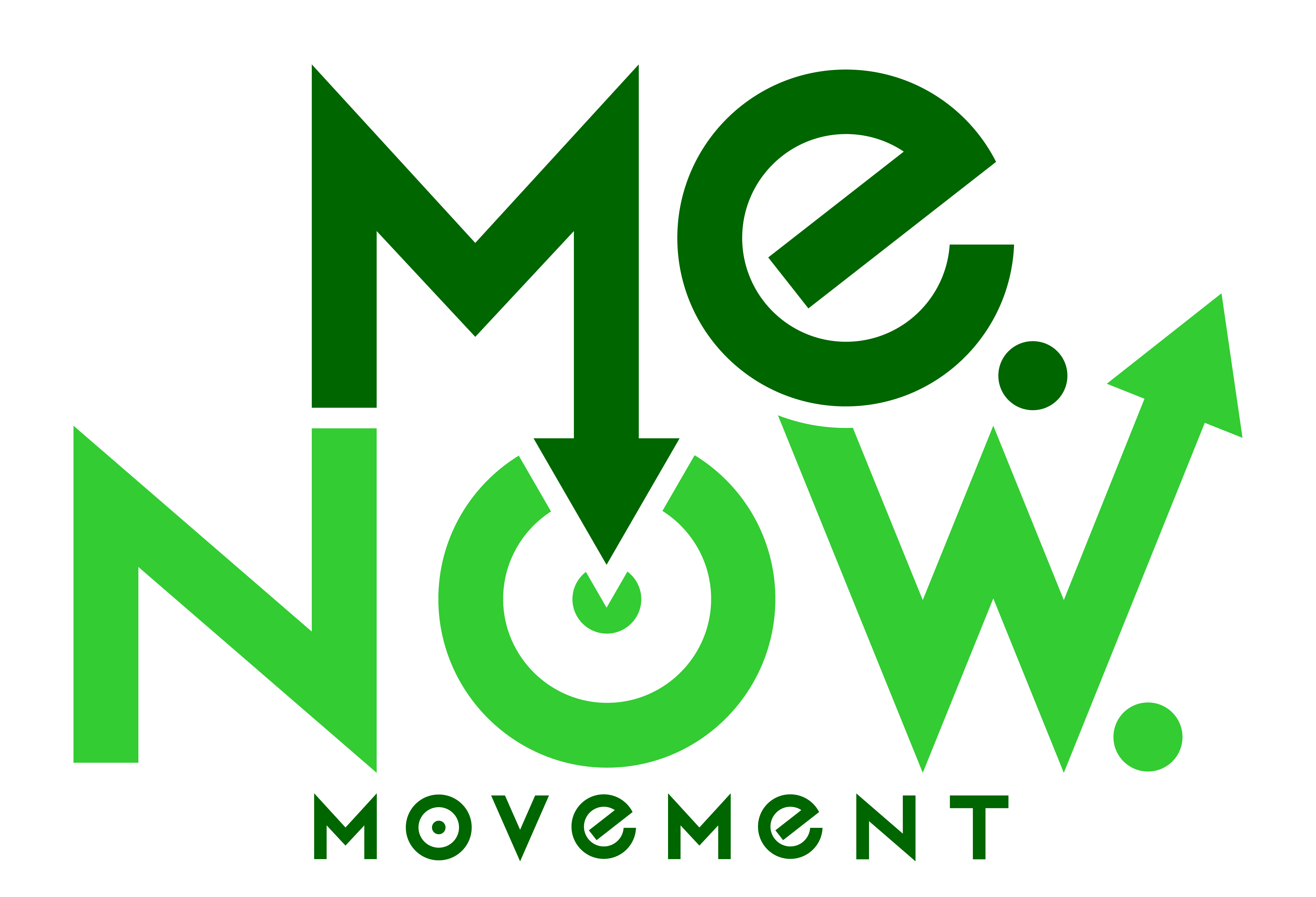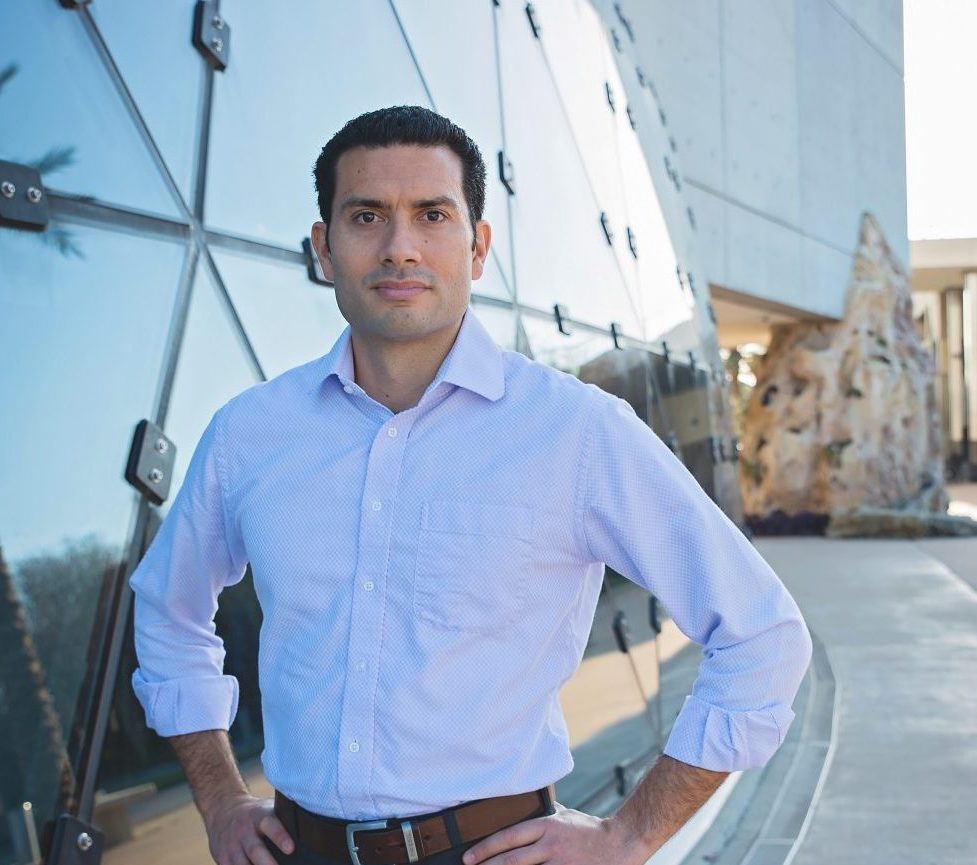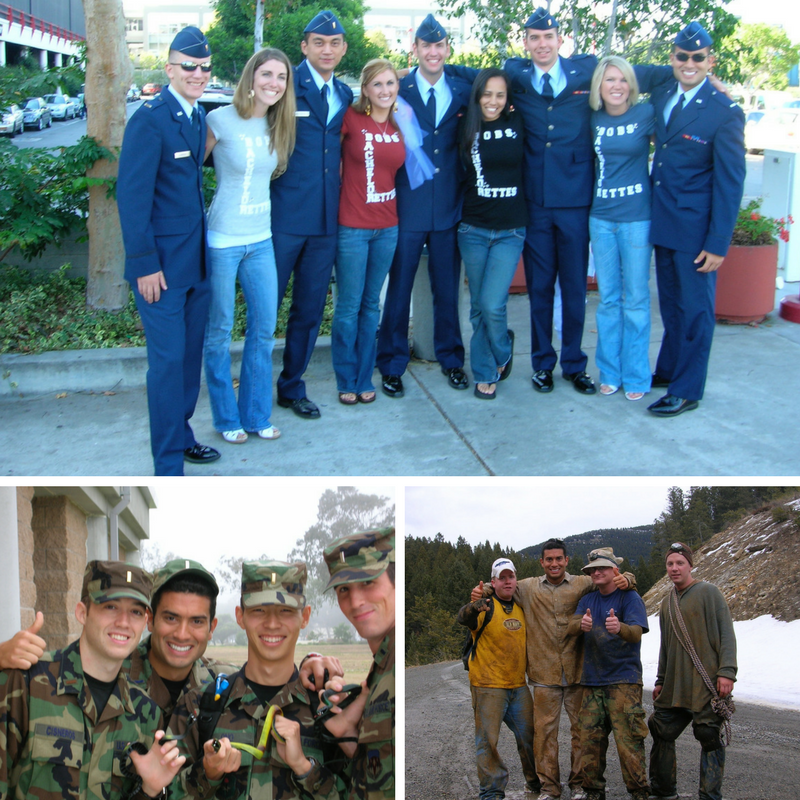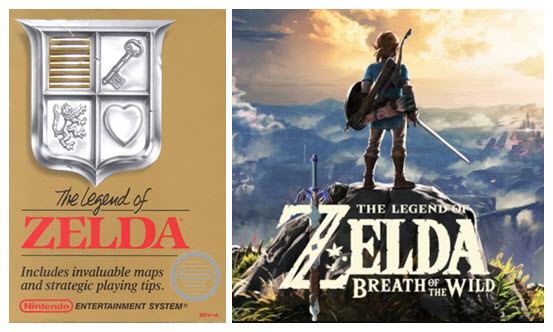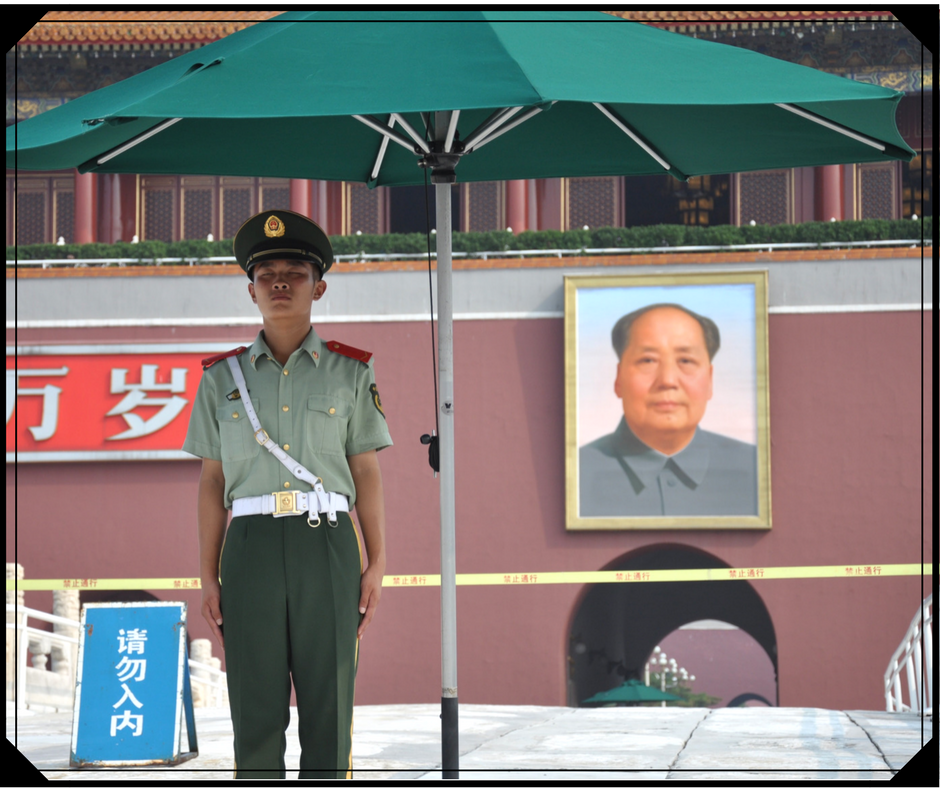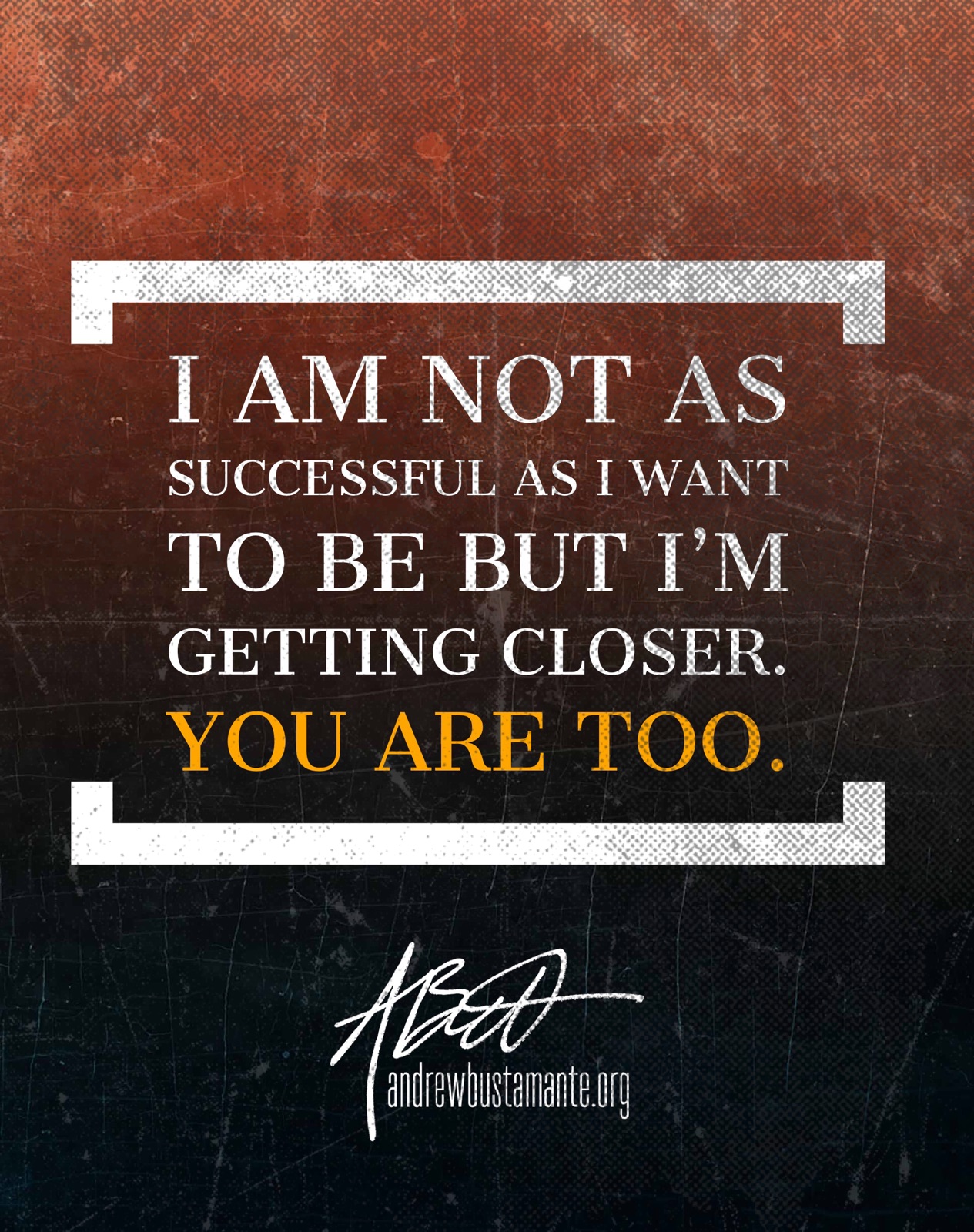
There are not words to adequately express my thanks as I look back over the first year of the Me.Now. Movement. A year ago, I was an idealist with no experience managing a website or writing blog posts. Today, I am a published author and award-winning speaker with a new daughter, midway through my MBA. Allowing myself to value ‘Me’, and to take action ‘Now’ has given me courage and opportunity I never knew before. And for those who have journeyed with me, I know the same is true for you.

With the new year fast approaching, I am eager to share that new opportunities continue to present themselves for our community! Podcast hosts, bloggers and event coordinators have started reaching out to me for interviews and speaking engagements for 2018. One particularly exciting development happened in late November 2017 when I was approached by two separate casting agencies for large-scale, national television production projects. While I’ve always felt comfortable behind a keyboard or on a stage, the challenge of preparing myself to talk in front of a camera was humbling and unnerving. I cannot share details of either project at this point, but I promise to update this group as soon as possible after I find out if either, neither or both opportunities choose to move me forward!
To wrap up 2017, I am excited to revisit the 4 goals we set for this first year and happy to report that 3 of those goals have been met or exceeded. I will have to challenge us further to reach new heights in 2018!
- Grow the movement by 1 member per week in 2017.
STATUS: Our Movement has grown to 78 active members and more than 100 followers. That is 340% above our objective! We’ve seen members change careers, grow families, start new businesses and achieve new healthy lifestyles. The message behind the Me.Now. Movement is stronger than ever because of the courage, commitment and community this group represents. - Gain exposure for the Movement on 1 public media outlet in 2017.
STATUS: The Me.Now. Movement has gained exposure in newsprint, multiple podcasts, and two separate news media interviews! It would appear that our original goal was not as aggressive as I had thought. Once the Movement’s mission was shared, it quickly grew momentum among those eager to build a better future. - Generate $5,000 in income to grow the Movement in 2017.
STATUS: Unfortunately, this goal was missed in 2017. With just under $4,000 generated, our Movement was able to grow considerably in terms of professionalization and promotion. Despite missing our financial target, I am confident that 2018 will come with new avenues to raise the capital we need to keep growing! - Write 1 blog post a week on the Me.Now. Movement website in 2017.
STATUS: Our weekly blog posts continued through October 2017, at which point a new opportunity arose to translate blog content into book publication. After a few discouraging obstacles, I was successful in getting ‘Everyday Espionage: Winning the Workplace’ published as an eBook with a limited print edition. Many of you reading this post have that hard-copy print edition in your possession. A second installment is already in the works for 2018 and I am excited to keep growing our Movement’s legacy!
We are one year closer to where we want to be. Even though the destination is unclear, the progress is undeniable. I continue to find my inspiration from this group and from those of you taking risks and seeing achievement along side me. For all of you, I am grateful and humbled to call you friends.
For those exploring the Me.Now. Movement, welcome. For those ready to commit to your journey, I commend you! And for those who trek every day through the fear and doubt of accomplishment, I and others stand beside you to lift you up and celebrate your success. Journey on.
One Life. No Compromises.

